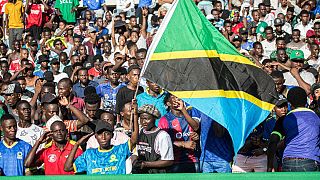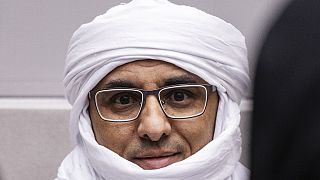FIFA
FIFA has been listening to the concerns of women in the game and, following thorough discussions with key stakeholders and a previous set of landmark reforms, has moved to further protect their well-being by implementing changes to the Regulations on the Status and Transfer of Players (RSTP) that will enter into force on 1 June 2024.
"One of our key objectives in women’s football is to see more women around the world being able to make a living playing the sport that they love and, in order to do that, we need to make sure that they are protected in doing that. And for women, especially those who are wanting to be mothers or to start a family, to adopt children, it’s important that they are able to do that without having to give up – or have a negative impact on – their footballing career," said Sarai Bareman, the FIFA Chief Women's Football Officer.
Approved by the FIFA Council in May 2024, these changes will extend the rights and protections to adoptive parents as well as non-biological mothers.
"I think it’s great! I, myself, am a mother to four children, and back when I got pregnant, I have to say that PSG looked after me really well, they still paid me a hundred percent of my income. Unfortunately, some other players did not experience this, so I appreciate very much FIFA getting involved to protect pregnant women so that they can have a good feeling," said Fatmire Alushi, the 2007 FIFA Women’s World Cup winner.
They will also recognise the physical, psychological and social dimensions in the event of an inability to provide employment services due to severe menstruation, or medical complications relating to pregnancy.
And member associations will be encouraged to allow female players contact with their families while on
international duty. The measures also recognise that women have different biological make-ups.











01:41
Brazilian footballer, Vinicius Junior, speaks out against racism in the sport
00:56
World's oldest active footballer to return for 40th season at age 58
01:04
Leagues and unions launch complaint against FIFA over calendar
01:13
Top EU court says FIFA's transfer rules are not in line with European Union law
00:53
Why has Samuel Eto'o been sanctioned by FIFA?
Go to video
FIFA bans Samuel Eto’o from national team games for 6 months